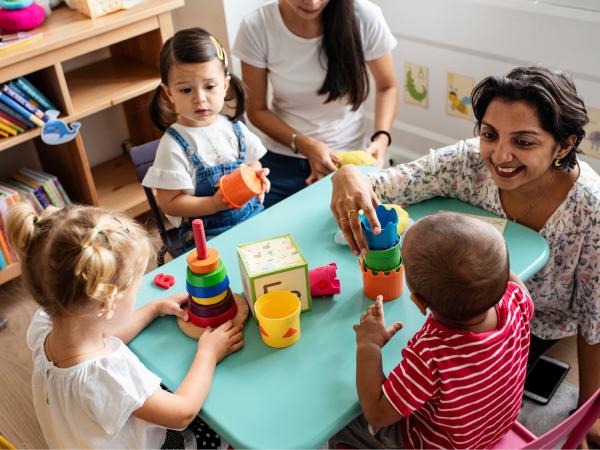Your nearest school and other information
Find your nearest school and other useful information.
Useful links
Leicestershire County Council’s school search. Use the map and filters to narrow down your search.
A register of schools and colleges in England.
You can contact the Inclusion Service if you're concerned about a child or young person's access to, or inclusion in, high quality education, employment, or training.
Admissions
Find out all you need to know about applying for a school place for your child.
Applying for a school place
The school admissions process for Leicestershire.
Appealing a school place
How to appeal if your child has been refused a school place or you're unhappy with the school they're been offered.
Appeal a school place.
Bullying
Bullying can take many forms and may not be easy to recognise. The website below provides in-depth information and what you can do.
Support and advice is available
Information and guidance from Leicestershire County Council's Anti-Bullying Team.
Support you can offer at home using Five to Thrive
The Five to Thrive approach that helps support children’s mental health, emotional wellbeing, and social development. As a parent, you can use these five simple relational activities—Respond, Engage, Relax, Play, and Talk—to support your child if they are experiencing bullying, or if you're concerned about their social experiences.

RESPOND
• Notice changes in your child’s behaviour (e.g. withdrawal, anxiety, reluctance to go to school).
• Reassure them that you are listening and will support them.
• Stay calm and avoid overreacting, so your child feels safe to open up.
ENGAGE
• Spend regular, quality time with your child doing things they enjoy.
• Ask gentle, open-ended questions about their day and friendships.
• Let your child know they are loved, valued, and not alone.
RELAX
• Help your child unwind after school with relaxing activities (e.g. drawing, music, nature walks).
• Establish calming routines, especially at bedtime, to reduce anxiety.
• Teach and model coping strategies like breathing exercises or mindfulness.
PLAY
• Use play to encourage expression—young children often communicate emotions through games or art.
• Play games together to strengthen your connection and build resilience.
• Encourage safe social playdates to help build or rebuild positive peer relationships.
TALK
• Create a safe space for your child to talk about their feelings.
• Help them find words for what’s happening—e.g., 'It sounds like that made you feel left out. Is that right?'
• Reassure them it’s always okay to ask for help, and guide them on how to speak to trusted adults at school.
To find out more about Five to Thrive please click here
Online safety
It’s not always easy to know what’s safe online. The information below can help you and your child keep safe.
Support and advice is available for help with online safety
Keeping children safe online.
Staying safe online.


